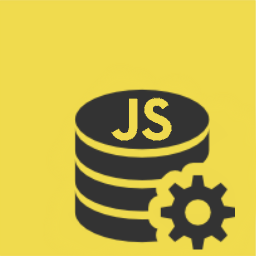| Browser tests | Node.js tests |
|---|---|
      |
Community & Maintainers always welcome - message in #jsdata-core-discuss Slack channel if you want to help with issues, improvements, tests, documentation, tutorials, adapters, etc.. There are several adapters that could use minor maintenance as well as new adapters to be written.
JSData is a framework-agnostic, datastore-agnostic ORM for Node.js and the Browser.
Adapters allow JSData to connect to various data sources such as Firebase, MySql, RethinkDB, MongoDB, localStorage, Redis, a REST API, etc. With JSData you can re-use your data modeling code between environments, keep your data layer intact when transitioning between app frameworks, and work with a unified data API on the server and the client. JSData employs conventions for rapid development, but allows for endless customization in order to meet your particular needs.
Start with the JSData Getting Started Tutorial or explore the API Reference Documentation.
Please post a question on Stack Overflow. This is the preferred method.
You can also chat with folks on the Slack Channel. If you end up getting your question answered, please still consider consider posting your question to Stack Overflow (then possibly answering it yourself). Thanks!
Awesome! You can get started over at the Contributing guide.
And thank you!
Copyright (c) 2014-2017 js-data project authors





